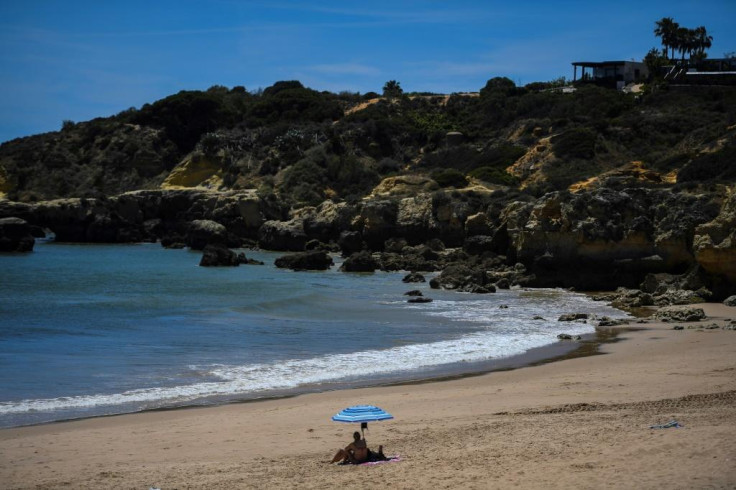Travellers, take note as Portugal bans popular tourist activity this summer
The latest ban by Portugal will be in place until the end of the year.

Portugal has reportedly banned a popular activity amid the ongoing busy summer tourist travel season. Thousands of holidaymakers travel to Portugal's coastal regions to work on their tans in the summer. Among the popular destinations in the Portuguese seaside are Algarve, Lagos, and Azores. Many resorts offer boat trips including whale-watching. However, until the end of the year, Portugal has banned tourist boats from approaching pods of orcas, according to The Sun.
Orcas keep attacking sailboats
The decision has been taken keeping in mind the safety of the tourists coming to Portugal. Instructions have also been issued on what needs to be done when approached by the so-called killer whales after a series of incidents in the past few years off the Portuguese and Spanish coasts.
The Institute for the Conservation of Nature and Forests (ICNF) said "the prohibition of the active approach to groups of orcas by maritime tourist vessels," was now in place.
Multiple incidents involving orcas and sailboats have taken place since 2020 off the Iberian Peninsula coast and the Strait of Gibraltar. In most cases, orcas have jerked the boats' hulls and rudders, producing damage that in some cases has led to boats sinking or the coastguard having to tow boats to shore.
Earlier this year in May, a pod of orcas tried to sink a boat with a British couple onboard off the coast of Morocco. In June, a video captured the orcas attacking racing yachts by smashing their heads into the vessels off the coast of Gibraltar. And that same month, a man sailing towards Ibiza said he was left terrified when a pod of killer whales tried to sink his boat.
What to do when orcas come close to a boat?
Adding further, the ICNF stated that apart from the sailboats, orcas have also been attracted by other vessels such as a smaller maritime tourist boats that are licensed for whale watching.
"Given the size of the adult animals (eight to nine metres in length and three to five tonnes in weight), more intense interaction with killer whales with semi-rigid or other types of smaller vessels, such as those used for whale watching, may have more serious consequences," ICNF added.
The ICNF have urged that whenever orcas are seen closing in, the boats should immediately move away to avoid contact. If the whales manage to come close, vessels need to stop, leaving the engine running and waiting for the animals to leave.
Last year, over 200 contacts between orcas and boats were recorded off the Atlantic coast of Portugal and Spain, according to data from the research group Atlantic Orca Working Group (GTOA), which tracks populations of the Iberian orca sub-species.
Orcas are not known for attacking humans
Meanwhile, "the reason for this recent and repetitive behaviour toward vessels is not known," but it is certain that the number of the cetaceans involved in such interactions has grown since the initial reports.
Adult orcas can reach up to nine metres (29.53 ft) in length and weigh over six tonnes. Even though the orcas are called killer whales, they are highly social and are part of the dolphin family. They usually feed on fish, penguins and seals and in the wild, and are not known to attack humans. Orcas generally don't tend to cause much damage as it is believed that they only touch one in every 100 boats that sail through their location.
Speaking of how these interactions with sailboats are affecting the orcas, a direct link cannot be established but four orcas belonging to the Iberian subpopulation are believed to have died since the behaviour began in 2020.
There were only 39 Iberian orcas recorded in the last census in 2011, and this group is listed as critically endangered by the International Union for Conservation of Nature (IUCN) Red List.
© Copyright IBTimes 2025. All rights reserved.






















